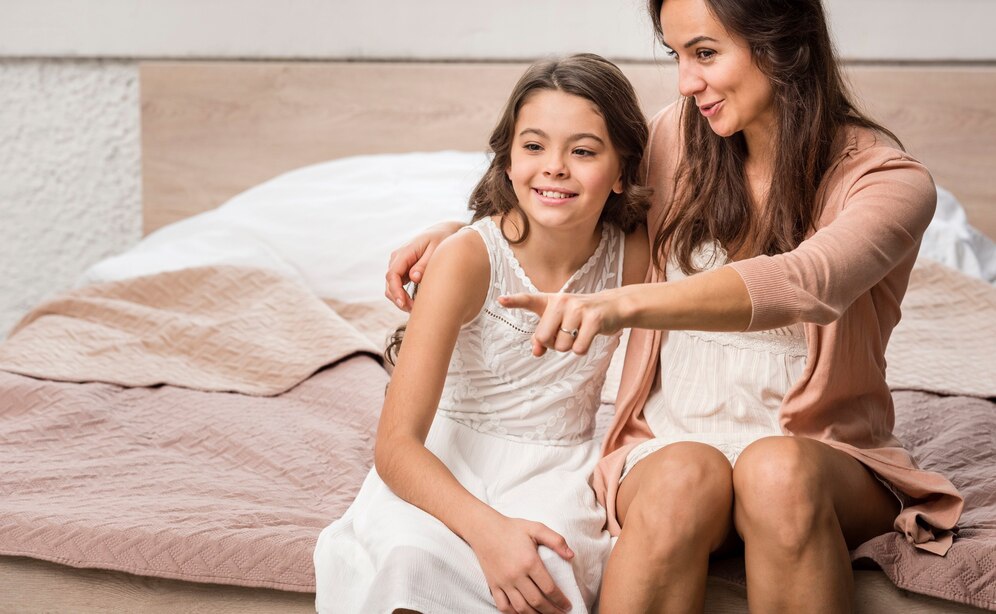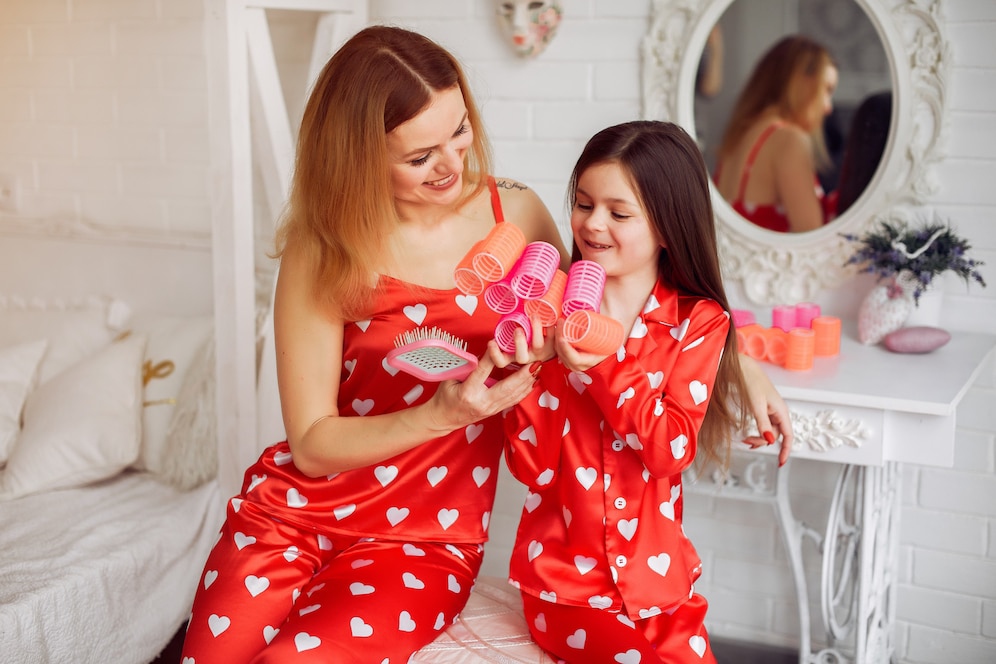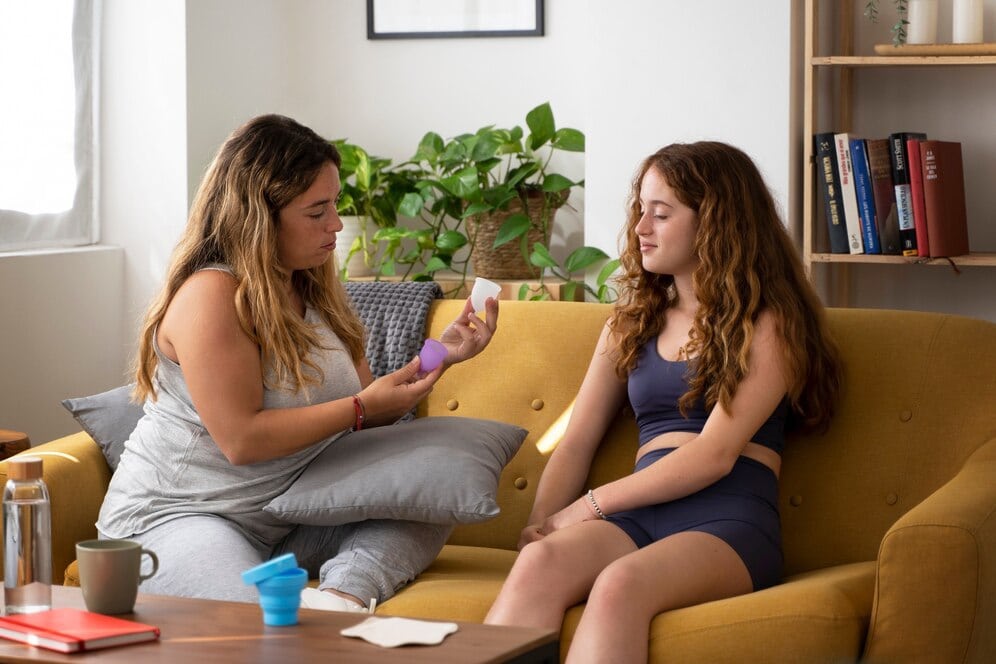
How to Prepare Your Daughter for Her First Period
Starting the Conversation Early Matters
For many parents, preparing their daughter for her first period can feel overwhelming or even a little awkward. Yet, this pivotal milestone is one of the most important rites of passage in a young girl’s life. It’s not just a biological shift; it’s an emotional and social transformation too. Equipping your daughter with the knowledge, confidence, and reassurance she needs will help her feel secure, respected, and ready.
This guide offers a complete overview of first period preparation using trusted advice, professional insights, and evidence-based practices. Whether your child is 8 or 13, you’ll find clear steps to follow, simple language to use, and support tools that make this process less daunting for everyone involved.
Understanding the Core: What Every Parent Needs to Know
What Is Menstruation?
Menstruation, or having a period, is the monthly shedding of the uterine lining. It typically starts between the ages of 9 and 13, although it can occur earlier or later depending on genetics, health, and environmental factors. This biological process marks the beginning of a girl’s reproductive years and is influenced by hormonal changes in the body.
Why Early Preparation Helps
According to NHS data and recent adolescent health studies, girls who are well-informed before their first period are less likely to feel fear, embarrassment or shame. They are also more likely to practise proper hygiene, report abnormalities early, and embrace body autonomy.
Pro Tip: Start with anatomy basics before introducing menstruation. A strong foundation makes complex topics easier to absorb.
Signs Your Daughter May Start Her Period Soon
- Breast development (thelarche)
- Growth spurts
- Vaginal discharge (usually white or clear)
- Mood swings or heightened emotions
- Hair growth under the arms and in the pubic area
These physical changes usually occur one to two years before menstruation begins.
Quick Guide / Checklist: First Period Preparation Summary

- Start the conversation before her first period
- Use correct terms (e.g. vagina, uterus, menstruation)
- Normalise periods as a healthy, regular function
- Teach her how to use pads and liners
- Assemble a period kit (with pads, wipes, spare underwear)
- Reassure her that it’s okay to feel emotional or confused
- Encourage open questions and ongoing dialogue
Secret Tip: Include her in choosing products like pads and pouches—it increases her sense of control and comfort.
Step-by-Step Guide: How to Practise Period Preparation
1. Choose the Right Moment
Look for relaxed, distraction-free time—bedtime chats, car rides, or even a shopping trip can set the right tone.
2. Use Clear and Honest Language
Explain that periods are a natural sign of growing up, and avoid using euphemisms.
Help her understand:
- What a period is
- How long does it typically last
- What it might feel like
3. Demonstrate Hygiene Practices
Show her how to:
- Use and dispose of pads
- Track her cycle with a calendar or app
- Change regularly to stay fresh and prevent leaks
4. Prepare a Period Kit
Pack a small pouch with:
- A couple of pads
- A spare pair of underwear
- Feminine wipes or tissues
- A plastic zip bag for soiled underwear
Keep one in her school bag and one at home.
5. Address Emotional Reactions
Let her know it’s okay to cry, feel tired or moody. Emphasise self-care and downtime.
Important: Validate her feelings without making them the focus of every conversation. She’s still the same girl.
6. Discuss Privacy and Confidence
Let her decide who she wants to tell. Help her practice what to say if she needs help at school or is caught off-guard.
Best Practices & Additional Insights

Involve Trusted Female Figures
An older sister, aunt or close family friend can offer perspective and shared experiences.
Use Books and Resources
There are excellent puberty guides for girls, such as:
- “Celebrate Your Body (and Its Changes, Too!)” by Sonya Renee Taylor
- “The Period Book” by Karen Gravelle
These help reinforce your message with relatable visuals and storytelling.
Reframe the Narrative
Talk about periods not as an inconvenience but as a sign of strength and maturity. Avoid describing them as “gross” or “embarrassing.”
Use Media Thoughtfully
Watch videos or read articles together from reputable sources like the NHS, the Menstrual Health Hub or period-positive organisations.
Keep the Dialogue Going
Don’t treat the first conversation as a one-off. Check in monthly or when she has questions about symptoms, products, or body image.
Frequently Asked Questions (FAQs)
What if my daughter is scared or grossed out?
Reassure her that it’s common to feel that way at first. Use a calm, non-judgmental tone and remind her that she won’t always feel this way.
Should I tell her teacher?
It can be helpful to let school staff know discreetly, especially if she starts menstruating during the school day.
What if she gets her period at school?
Ensure she carries her period kit and knows who she can go to for help. Rehearse a few simple sentences she can use with school staff.
Are period pains normal for her age?
Mild cramps are common. Offer hot water bottles and gentle pain relief if needed. If pain is severe or disruptive, consult a GP.
Should I introduce tampons or cups early?
Start with pads. Let her lead the pace and bring up other options when she feels ready or asks.
Conclusion: Be Her Trusted Guide

Your daughter’s first period is more than a physical milestone—it’s a turning point in her self-confidence, emotional literacy, and body awareness. The way you guide her through this transition will shape how she views herself and her health for years to come.
Make time. Be curious, not critical. Equip her with facts, empathy, and freedom to ask questions. And remember, even if she pretends not to care—she’s listening.
Join the conversation. Have you already had the period talk What worked well for your family? Share your insights and tips in the comments below.


